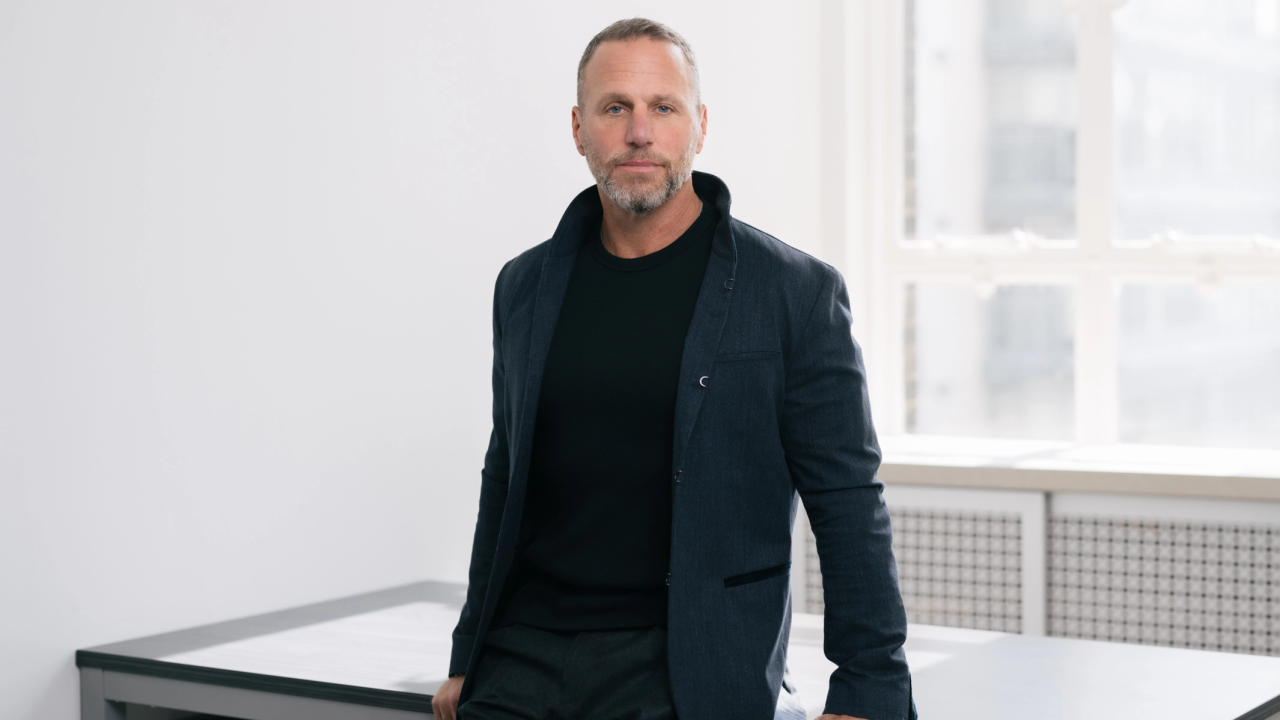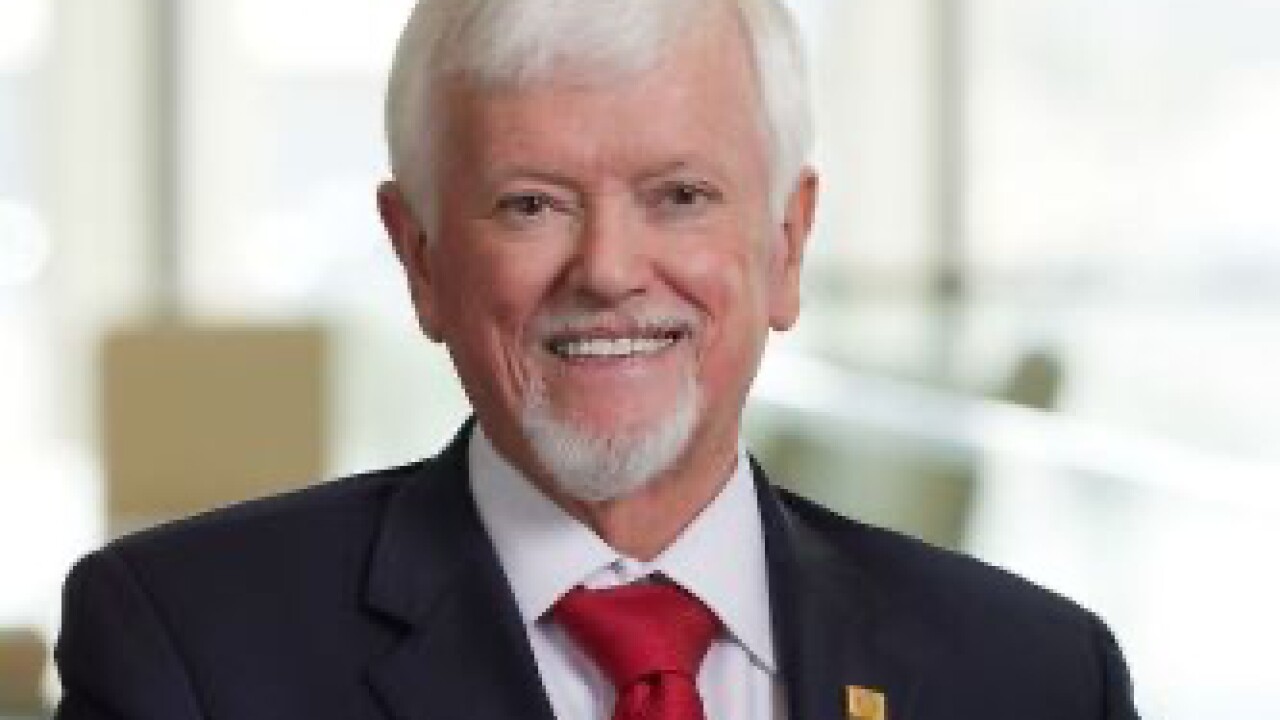WASHINGTON – One of President Barack Obama's biggest applause lines during his final State of the Union address to Congress was when he called for doing away with unnecessary and burdensome regulations.
"There are outdated regulations that need to be changed, and there's red tape that needs to be cut," Obama said, receiving a standing ovation from both Democrats and Republicans.
Following the speech late Tuesday, some Republican lawmakers pointed to that moment as an area of a bipartisan agreement where they hope they can make strides in 2016.
"You saw the support in the chamber—Republicans and Democrats—and the president is admitting that the regulatory burden is onerous," said Sen. Ron Johnson, R-Wis., following the speech. "Every member is getting feedback from people in their districts and their state. The regulations in this administration are crushing them so I will concentrate on those and do everything I can to move regulatory reform back."
But not everyone was so optimistic. Rep. French Hill, R-Ark., agreed he would like to see regulatory relief, but said he has his doubts that anything significant will get done this year.
"I don't think we get meaningful regulatory relief under this president," Hill said.
He said Obama's line about "cutting the red tape" might be all talk.
"[Obama says] we should lower regulatory burden yet he has created the largest regulatory burden by the proposals he has made," Hill said, noting that regulatory burden extends beyond banking and finance to industries such as healthcare energy.
Still, Rep. Randy Neugebauer, R-Tex., said there is significant "bipartisan support—and not just in the financial services area but in other areas of regulation of cutting some of this red tape."
Lawmakers "recognize that we didn't necessarily get it right the first time and in particular with Dodd-Frank and the unintended consequences are one of the biggest inhibitors of the economy growing," said Neugebauer, the chairman of the House financial institutions subcommittee.
He noted there have been several regulatory relief bills in the House that have bipartisan support—but said Obama has been the stumbling block.
"We have been trying to reach across the aisle on a number of issues," Neugebauer said. "We do not get any help from the president in moving those initiatives forward."
For his part, Obama gave short shrift to banking policy in his final State of the Union. His sole mention of Wall Street and big banks came when he indirectly criticized many GOP presidential hopefuls and others who have attacked various government programs for holding back the economy.
"But after years of record corporate profits, working families won't get more opportunity or bigger paychecks by letting big banks or big oil or hedge funds make their own rules at the expense of everyone else; or by allowing attacks on collective bargaining to go unanswered," Obama said. "Food Stamp recipients didn't cause the financial crisis; recklessness on Wall Street did."
Though he didn't name them, Obama spent much of his address criticizing arguments offered by Donald Trump and Sen. Ted Cruz, the frontrunners in the Republican presidential contest. He sharply criticized Trump's call to ban Muslims from the country.
"When politicians insult Muslims, when a mosque is vandalized, or a kid bullied, that doesn't make us safer," Obama said. "That's not telling it like it is. It's just wrong. It diminishes us in the eyes of the world. It makes it harder to achieve our goals. And it betrays who we are as a country."
He also rejected the argument that the U.S. is in economic decline.
"The United States of America, right now, has the strongest, most durable economy in the world," Obama said. "Anyone claiming that America's economy is in decline is peddling fiction."





